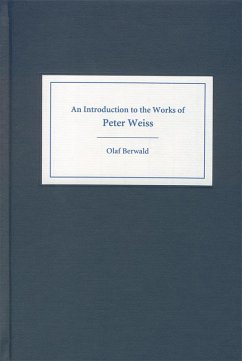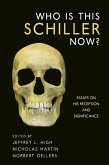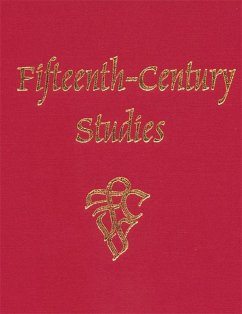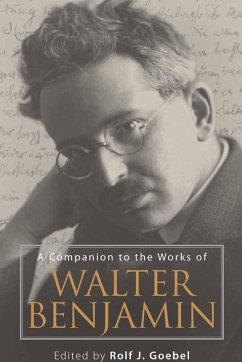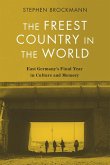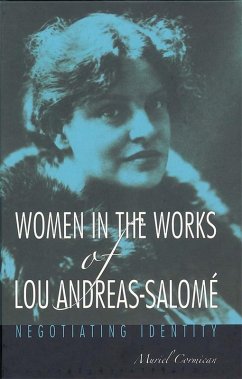A comprehensive introduction to the works and vision of the German writer, director, and political activist.
The plays and prose works of the German writer, director, and political activist Peter Weiss (1916-1982) were immensely influential in the shaping of European Modernism in the second half of the twentieth century. Combining exploratory aesthetic openness with an uncompromising ethical drive, Weiss's literary works, especially the plays Marat/Sade (1964), The Investigation (1968), and Hölderlin (1971), as well as the novel The Aesthetics of Resistance (1975-81) continue to provide vital points of reference for any discussion of culture and politics in our times. Berwald's study serves as a comprehensive introduction to Weiss's work and vision. The introductory chapter outlines Weiss's life and work in exile. Three chapters provide detailed discussions of Weiss's theater work, from his early grotesque plays and the documentary dramas from the 1960s that address Auschwitz, Angola, and Vietnam, to his most complex plays in which intellectuals are staged as outsiders. The subsequent four chapters discuss Weiss's prose works, which include his autobiographical novels from the early 1960s, essays and notebooks on art and politics, and his summum opus, The Aesthetics of Resistance.
Olaf Berwald is Professor of German and Chair of the Department of Foreign Languages at Kennesaw State University.
Hinweis: Dieser Artikel kann nur an eine deutsche Lieferadresse ausgeliefert werden.
The plays and prose works of the German writer, director, and political activist Peter Weiss (1916-1982) were immensely influential in the shaping of European Modernism in the second half of the twentieth century. Combining exploratory aesthetic openness with an uncompromising ethical drive, Weiss's literary works, especially the plays Marat/Sade (1964), The Investigation (1968), and Hölderlin (1971), as well as the novel The Aesthetics of Resistance (1975-81) continue to provide vital points of reference for any discussion of culture and politics in our times. Berwald's study serves as a comprehensive introduction to Weiss's work and vision. The introductory chapter outlines Weiss's life and work in exile. Three chapters provide detailed discussions of Weiss's theater work, from his early grotesque plays and the documentary dramas from the 1960s that address Auschwitz, Angola, and Vietnam, to his most complex plays in which intellectuals are staged as outsiders. The subsequent four chapters discuss Weiss's prose works, which include his autobiographical novels from the early 1960s, essays and notebooks on art and politics, and his summum opus, The Aesthetics of Resistance.
Olaf Berwald is Professor of German and Chair of the Department of Foreign Languages at Kennesaw State University.
Dieser Download kann aus rechtlichen Gründen nur mit Rechnungsadresse in A, D ausgeliefert werden.
Hinweis: Dieser Artikel kann nur an eine deutsche Lieferadresse ausgeliefert werden.

